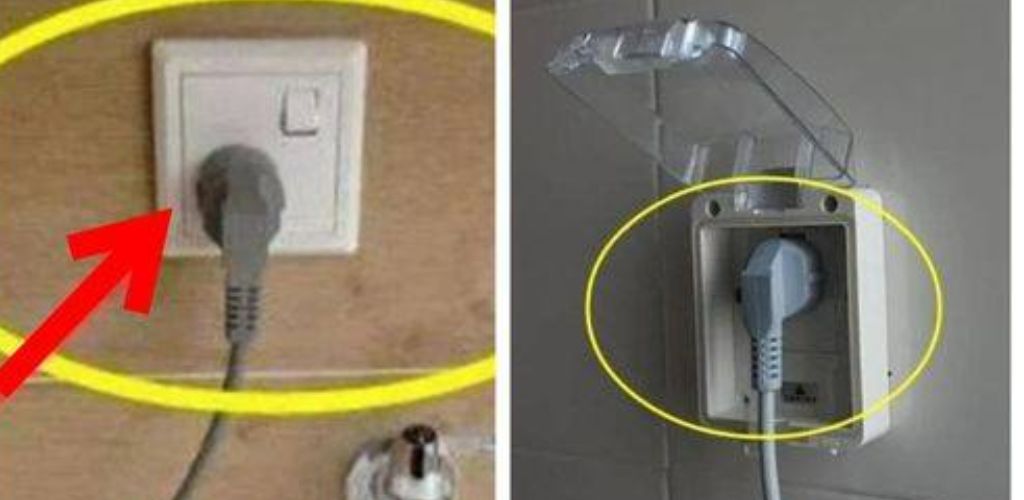06.03.2025
6 devices that consume more energy than air conditioners: save energy
It’s true that while air conditioners consume a significant amount of energy, several other household devices can use even more. Here’s a breakdown of some of the top energy consumers:
High-Energy Consumption Devices:
- Space Heating:
- Electric space heaters and furnaces are major energy hogs. They convert electricity directly into heat, which requires a lot of power.
- Water Heating:
- Water heaters, especially electric ones, use a substantial amount of energy to heat water for showers, baths, and laundry.
- Clothes Dryers:
- Electric clothes dryers generate heat to dry clothes, which is a very energy-intensive process.
- Ovens and Stoves:
- Electric ovens and stoves require a lot of energy to heat up and maintain high temperatures for cooking.
- Hot Tubs/Spas:
- These devices require constant heating to maintain warm water temperatures, leading to very high energy consumption.
- Electric Vehicles (EVs) Charging:
- While not a traditional household appliance. Charging an EV, especially with a level 2 charger, will use a very large amount of electricity.
Key Factors in Energy Consumption:
- Heat Generation: Devices that generate heat, such as those listed above, tend to consume the most energy.
- Duration of Use: Even devices with moderate wattage can consume a lot of energy if they’re used for extended periods.
Tips for Saving Energy:
- Upgrade to Energy-Efficient Appliances: Look for ENERGY STAR certified appliances.
- Reduce Water Heating Costs: Lower your water heater temperature, install a low-flow showerhead, and insulate your water heater.
- Air Dry Clothes: Whenever possible, air dry your clothes instead of using the dryer.
- Use Cooking Appliances Efficiently: Use the microwave instead of the oven when possible, and avoid preheating the oven for extended periods.
- Smart Thermostats: Utilize smart thermostats to better regulate heating and cooling.
- Insulation: Ensure proper home insulation to reduce the need for heating and cooling.
By being mindful of these energy-consuming devices and implementing energy-saving strategies, you can significantly reduce your energy consumption and save money on your utility
